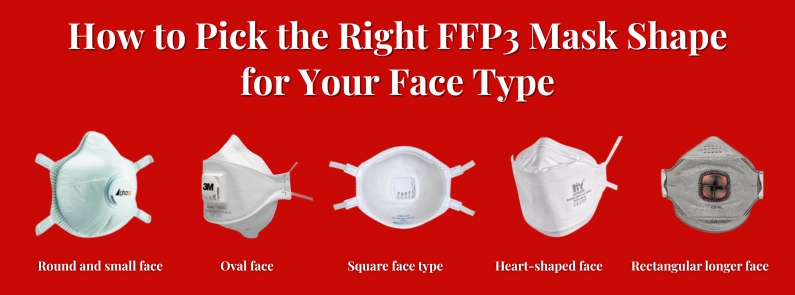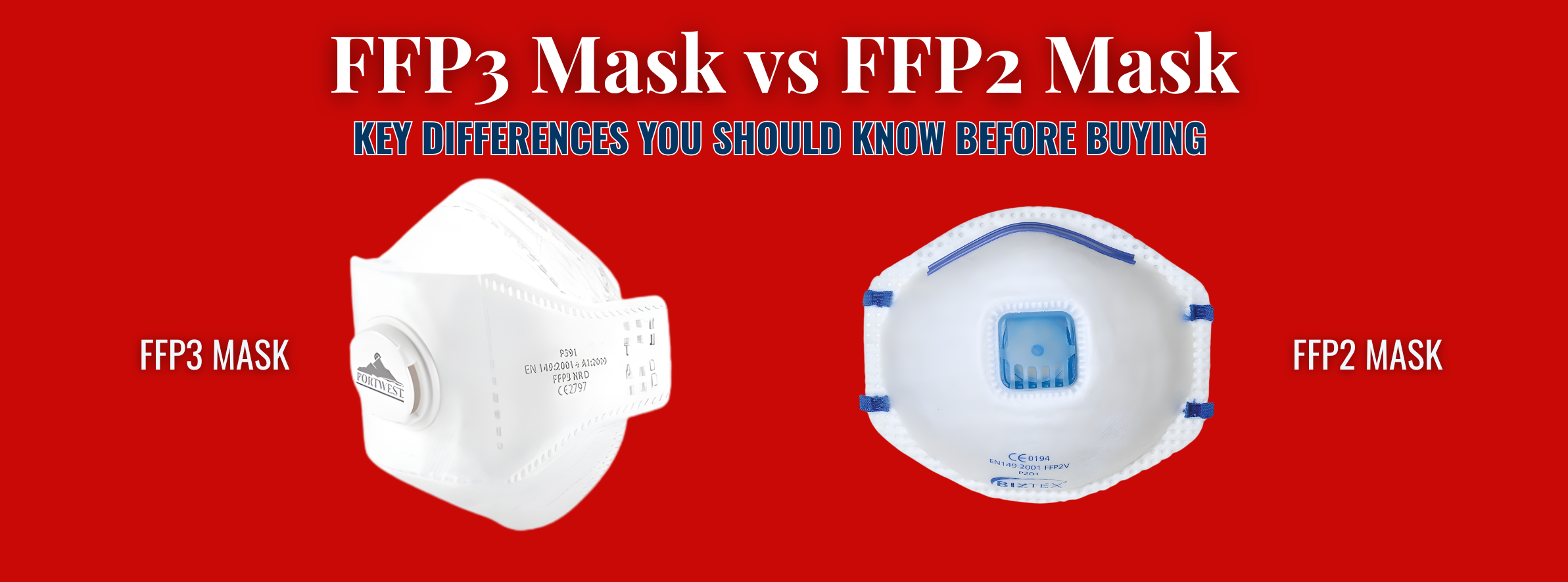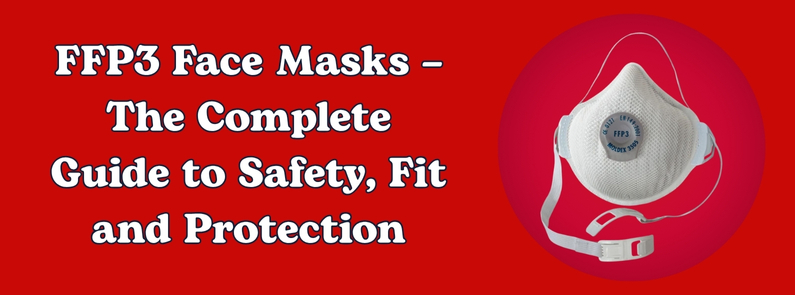
Face masks have been in use for a long time to protect workers from harmful particulates and respiratory diseases. The full-face and half-face respirators, surgical masks, and dust masks have been in use to protect people working in conditions that may harm their health, such as mining, pharmaceutical manufacturing, construction, etc. However, the use of face masks, typically the FFP3 and FFP2 masks, became more predominant after the pandemic, i.e., Covid-19. The surgical masks, which were only used by medical professionals earlier, became common amongst the masses. Even now, they are being frequently used to safeguard themselves from air particulates and aerosols. But surgical masks don’t necessarily are suited for everyone. Before you wear a surgical mask and venture out, you must know all about how to use them.
What Are Surgical Masks and How Do They Protect You?
Before the pandemic, surgical masks were only worn by medical professionals or healthcare workers since they have been designed to protect the wearer from airborne diseases, mostly bacteria, and viruses. These also protect from bodily fluids and pathogens released from the mouth or nose. These are made of a non-woven fabric using the melt-blowing process and comprise two layers – the fluid repellant layer, which is dark green or blue in color, and the absorbent layer, which is typically white and is worn on the inside.
Surgical masks are often deemed better than cloth masks in highly crowded places, especially when there are high chances of contracting airborne diseases like flu, allergies, and even Coronavirus. However, if the risk of infection is extremely high, wearing a proper respirator mask is better to ensure complete protection.
What Makes Surgical Masks Better Than Regular Masks?
Regular masks or cloth masks are typically worn to avoid dust particles from entering the respiratory tract that cause allergies or influenza. However, these only work if they fit the face well and constitute two to three layers. Recent studies have claimed that tightly woven double-layered cloth masks provide better filtration (about 79%) than surgical masks, which only result in 62% - 65% filtration. However, they do not prove to be of much use when you need protection from aerosols and respiratory droplets.
On the other hand, surgical masks are typically a bit loose-fitting. But when adequately sealed around the face, can protect you from dry particles, micro-organisms, and even bodily fluids that may be released due to coughing or sneezing. The surgical masks also protect those surrounding the wearer from any bodily fluids released by the person wearing a surgical mask. Thus, if worn right, surgical masks provide a much higher level of protection than regular cloth masks by keeping the wearers and those around them safe.
When To Wear Surgical Masks?
Surgical masks are ideally to be worn by medical professionals and healthcare workers. However, if you take care of a Covid-19 patient or someone with transmittable respiratory diseases, are above 60 years of age, or have some respiratory ailments, wearing a surgical mask is important. Even if you have symptoms suggestive of Covid 19 and a negative covid lab report, it is best to wear a securely fit surgical mask when heading out. It is best to opt for a regular cloth mask or the more advanced FFP2 and FFP3 masks that will keep you safe from a majority of infections while leaving out the surgical masks for primary caregivers, someone who would need them the most.
Where Wearing a Surgical Mask Is Inappropriate?
It is not advisable to wear surgical masks if you are working in adverse conditions where you regularly encounter dust particles and harmful particulates. These would include working at a construction site, in medical manufacturing units, in the mining industry, and anywhere else where you are constantly exposed to high amounts of dust and fumes. It would be best to wear dust masks or respirator masks in such situations, specially designed to allow you to breathe in only clean air by filtering the harmful particles.
You can opt for either full or half-face respirators, disposable N95 masks with face shields, or even protective coveralls for these situations. Surgical masks would be of no use here and would provide you with absolutely zero protection in such adverse conditions. The CDC recommends that you wear double-layer cloth masks in place of surgical masks when going out alone in scantily crowded areas or open spaces.
Summing Up
Surgical masks are an effective means of protection against harmful air particulates and aerosols, provided they are securely fitted on the face. However, you cannot possibly wear these in every situation, and there may be instances where the regular cloth masks, N95’s, and even respirators would be better. So, whenever you wear surgical masks, properly sanitize your hands and ensure that the mask covers your mouth, nose, and chin properly to ensure complete safety.



